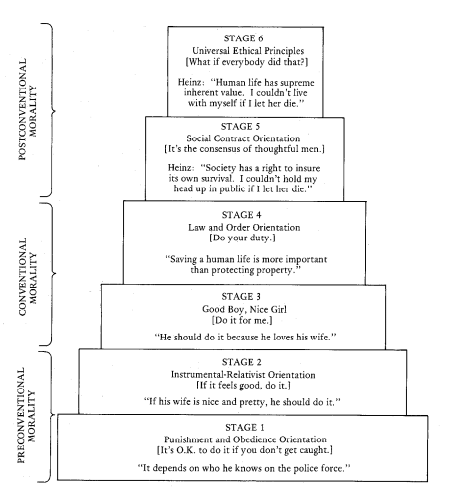It’s easy to misinterpret thoughts, acts, and beliefs that originate in fear as freedom; to do so is normal as we emotionally and cognitively mature. Dorothy Day warned that even when we believe we are headed in the right direction, we must continue to resolutely question our actions and motivations and those of others. She explains that many tyrannical leaders “were animated by the love of brother and this we must believe though their ends meant the seizure of power, and the building of mighty armies, the compulsion of concentration camps, the forced labor and torture and killing of tens of thousands, even millions” (1951).
To challenge ourselves to interrogate our beliefs and thinking requires real courage and a willingness to understand one another. The courage to investigate our beliefs and the world demands that we enter into dialogue with others. This dialogue may take the form of real-time discussions or engagement with the past (i.e., cultural artifacts). This dialogue, an act of learning through the co-construction of knowledge, is absolutely necessary to deeper learning and commitment to others. Paulo Freire refers to this act as an “existential necessity” that is founded on love (Pedagogy of the Oppressed, 1970, p. 89-90).
I believe that the recognition of love is synonymous with the evolution of our morality and capacity for understanding the complexity of the human experience both individually and as a species. Love, in other words, is education. Education is synonymous with love. Humility and the desire to learn are required for the acceptance of new understanding. Education, bell hooks declares, is “very much an act of love in that sense of love as something that promotes our spiritual and mental growth” (2004).

Kohlberg’s Stages of Moral Development, Public Domain
Cultivating our ability to move from an outlook based on fear to one founded on love is most likely the greatest and most courageous achievement. It is not an easy task to move to love. It is moving to the unknown, and this can disrupt our equilibrium and shake our existing individual schema of the world (Piaget, 1928).
This shift to the unknown (uncomfortable) is necessary for learning to take place, but it’s not easy. This shift to love, to the unknown, provides the opportunity for us to view the “fully present” world, and we can no longer afford not to accept responsibility for it (Martin Buber, 1937, p. 82). To love this way, with complete attention to learning and growing unexpectedly, is challenging. Attention of this sort, according to Simone Weil, is prayer (Gravity and Grace, 1952).
We must remind ourselves daily to attend to love, to seek learning, to allow ourselves dialogue with one another.

Window at Norman Hall, University of Florida College of Education (2013)
Links to Further Reading
- Read “Love as the Practice of Freedom” by bell hooks- http://uucsj.org/wp-content/uploads/2016/05/bell-hooks-Love-as-the-Practice-of-Freedom.pdf
- Read about Kohlberg’s Stages of Moral Development- https://en.wikipedia.org/wiki/Lawrence_Kohlberg%27s_stages_of_moral_development
- Kohlberg as Collaborative Learning- http://www.moraledk12.org/
- Read Dorothy Day’s 1951 article “The Incompatibility of Love and Violence”- http://dorothyday.catholicworker.org/articles/232.pdf
- Read 2004 bell hooks article in NCTE- http://www.ncte.org/magazine/archives/117638
- Piaget’s cognitive theory made simple- http://www.simplypsychology.org/piaget.html
- Martin Buber- https://en.wikipedia.org/wiki/Martin_Buber
- Simone Weil’s Gravity and Grace discussed- http://www.onbeing.org/blog/prayer-attention-and-will/3982
- Henry A. Giroux on Paulo Freire- http://truth-out.org/archive/component/k2/item/93016:lessons-to-be-learned-from-paulo-freire-as-education-is-being-taken-over-by-the-mega-rich
Note: The title of this post is a partial quote from bell hooks’ Outlaw Culture: Resisting Representations (2006)
